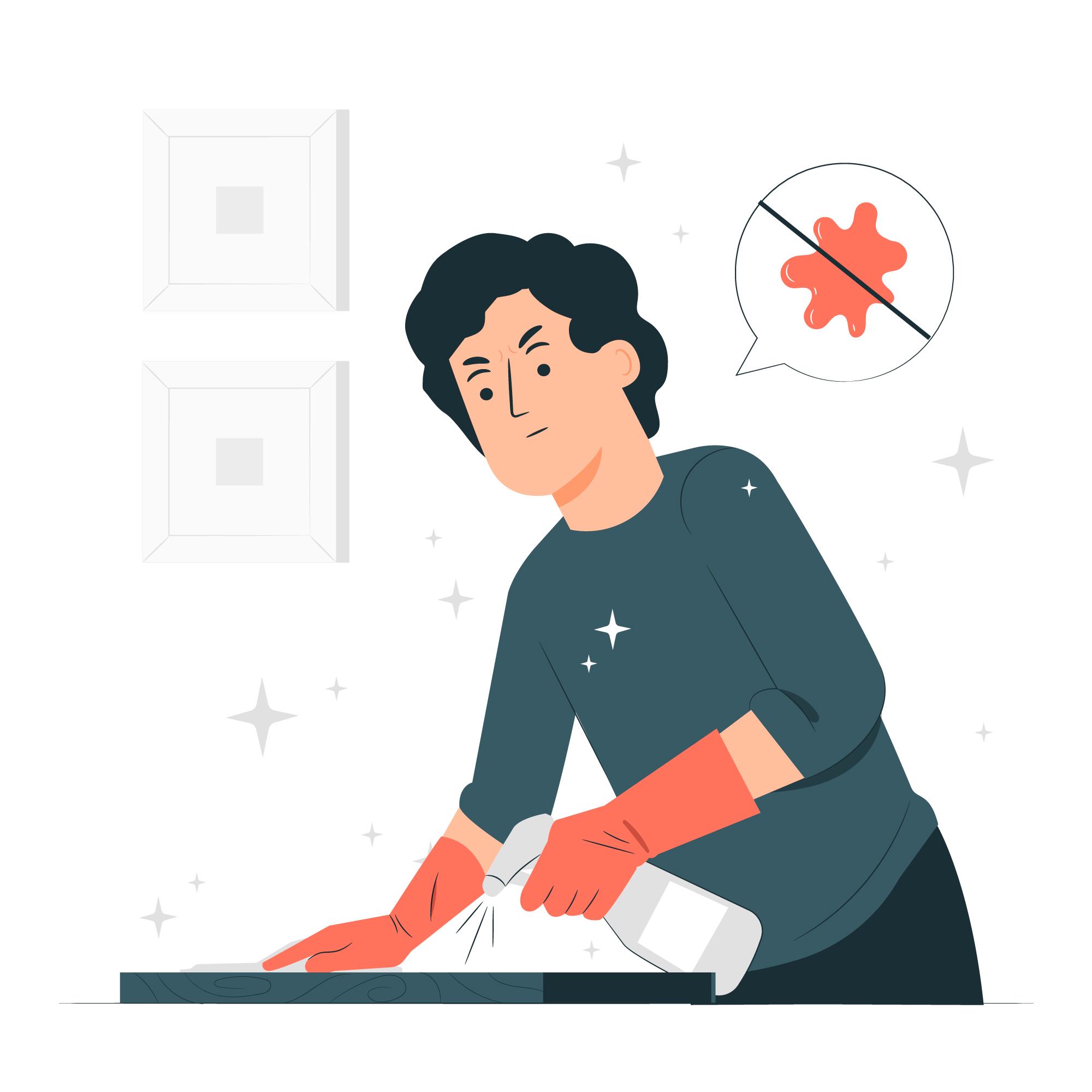
The compulsions and obsessions associated with OCD are typically bothersome and overpowering, regardless of how they present themselves. Even if you are aware of how unjustified they are, it might be challenging to ignore them and concentrate on anything else. When they want to do something “just once more” becomes overwhelming, it might be difficult to resist. Examples include the temptation to wash your hands or arrange your belongings. This can be overwhelming, frustrating, and demoralizing since you could feel powerless and out of control. Consult Dr. R.K. Suri, the best clinical psychologist in Dwarka, South-West Delhi, if you believe that you have compulsive and obsessive thoughts and it is affecting your mental health.
How OCD affects your life
OCD affects your life because the symptoms of OCD can be unpredictable and all-consuming, and they “might interfere with day-to-day activities, such as work or school. What major areas of life does OCD impact?
Work
Everybody struggles occasionally to focus. OCD, however, can amplify this, resulting in decreased productivity and a great deal of difficulty in even the most straightforward tasks.
Being unable to practice safety behaviors (like hand washing) as regularly may cause you to have increased anxiety. You could also worry about what your coworkers will think if they see you practicing them. In extreme circumstances, compulsions and anxieties may make it impossible for you to leave the house to go to work.
Relationships
Family members may find it difficult to understand your OCD, be unsure of how to respond to your compulsions, or feel under pressure to reassure you.
There may be additional difficulties since “some people with OCD may overly worry about the safety of their loved ones, and consequently require their friends/family to do things that can strain relationships on their own.
Parenting
Children require a lot of attention and having recurring OCD thoughts or compulsive behaviors can make it even more difficult to give them your complete attention.
It might be upsetting if you feel restricted from engaging in the kinds of interactions with your child you would prefer, such as playing on the floor.
School
Children and young adults with OCD may find it challenging to focus when intrusive thoughts appear, much like adults. If someone worries about not finishing anything precisely, they could find it difficult to complete undertakings.
You can also worry that doing specific classes, like art or athletics, will make you unclean or contaminated.
Hobbies
In addition to causing a disturbance, OCD may make you feel as though your hobbies are completely off-limits.
It might be upsetting, in either case, to feel like you can no longer engage in enjoyable activities.
Socializing
OCD can make socializing challenging and exhausting. You might not be able to enjoy yourself if you have anxious thoughts. You can be concerned that you’ll unintentionally damage someone while with them or that you’ll catch anything from what they did.
Additionally, if you have trouble turning off your compulsive behavior, you can frequently be late or miss events.
Self-care tips and home remedies
It can be draining if OCD leads your mind to be constantly overtaken by worrying thoughts. It can be beneficial to take extra precautions to keep your well-being.
Movement
Regular exercise is known to improve general mental health, but there are still additional benefits to participating. After engaging in aerobic exercises, OCD symptoms as well as anxiety and sadness levels are reduced. Yoga training might be advantageous as well.
Mindfulness
Although it might be difficult for people with OCD to calm their brains, mindfulness techniques can help with compulsive thought management and letting go.
Sleep
It’s crucial to get a good night’s sleep because later bedtimes are associated with a perception of difficulties controlling obsessive thoughts.
Treatment Options for OCD
Behavior Therapy
Treatment for OCD begins with behavioral treatment, sometimes referred to as cognitive behavioral psychotherapy (CBT). Due to the fact that frequent interaction with a feared object often allays worries, this exposure aids in reducing anxiety. Response prevention is a type of therapy that aims to get rid of people’s natural reactions to their concerns. People who are terrified of germs, for instance, may spend time around an object known to have germs (exposure) and then refrain from frequently washing their hands thereafter (response prevention). Behavioral therapy and cognitive therapy are frequently combined.
Other OCD therapies include habit reversal, which substitutes one ritual for another that is less extreme, suppression, which aids in turning off the symptoms, and satiation, which entails prolonged exposure to the symptoms.
Although cognitive behavioral therapy has no negative effects, some people respond to it more favorably than others. Patients who are open to modifying their habits and who are less apprehensive about seeking therapy for obsessive-compulsive disorder typically do better. Generally, patients who comply with their therapists get results more quickly.
Consult Dr. R.K. Suri, the best clinical psychologist in Dwarka, South-West Delhi, who is a CBT and Behavioral Therapy practitioner and has been helping clients manage OCD issues.




